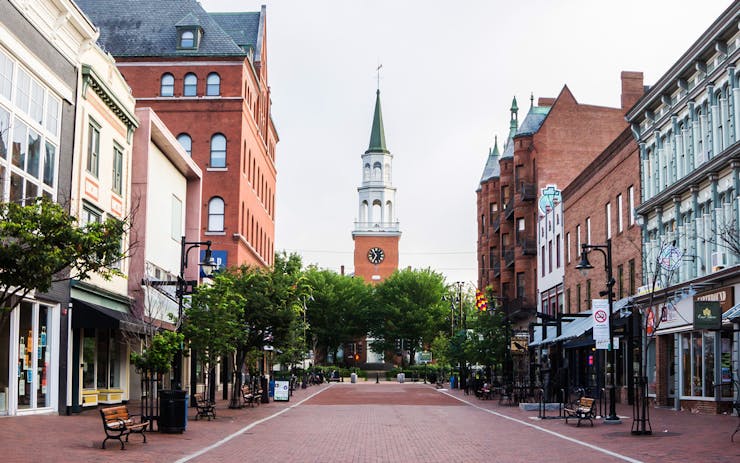Just days after Vermont Gov. Phil Scott vetoed legislation that would have legalized personal possession and cultivation of cannabis in the state, key legislators and legalization advocates were already back at work.
Supporters met with Scott’s staff on Thursday and Friday of last week to discuss possible changes identified by the governor when he vetoed the measure, according to a Seven Days Vermont report. Scott’s chief requests were to increase penalties for driving under the influence and consuming cannabis around children, though he also indicated he’d like to extend the bill’s timeline for studying full legalization in the state.
“These are not drastic changes,” Dave Silberman, a Middlebury lawyer and legalization advocate who was in the meeting, told reporter Terri Hallenbeck.
If the process goes as planned, changes could be made in time for the Legislature’s planned June 21 veto session, keeping alive a glimmer of hope that the state could legalize this year.
As passed by the Legislature, the bill S.22 would legalize the possession of up to an ounce of cannabis for adults 21 and older. Adults would also be permitted to grow up to two mature plants at home.
Advocates see promising signs in Scott’s willingness to work on the legalization bill and are hoping for a quick turnaround on revisions.
“I think it’s clear something different is going on here,” Matt Simon, the New England policy director for the Marijuana Policy Project, told Seven Days Vermont. Simon was one of five advocates who met for about an hour Friday with members of the governor’s staff. “We would have preferred it if they’d been at the table back in February, but the glass is half full … or three-quarters full.”There are still potential obstacles, however. House Minority Leader Don Turner (R-Milton) has said he would be unwilling to suspend procedural rules in order to allow the bill to become law during the planned two-day veto session in June.
But Scott spokeswoman Rebecca Kelley noted there are ways around that obstacle. One option, she said, would be to extend the veto session beyond two days so that no such rule suspension is needed.
“We believe there’s a path forward either way,” she said.





